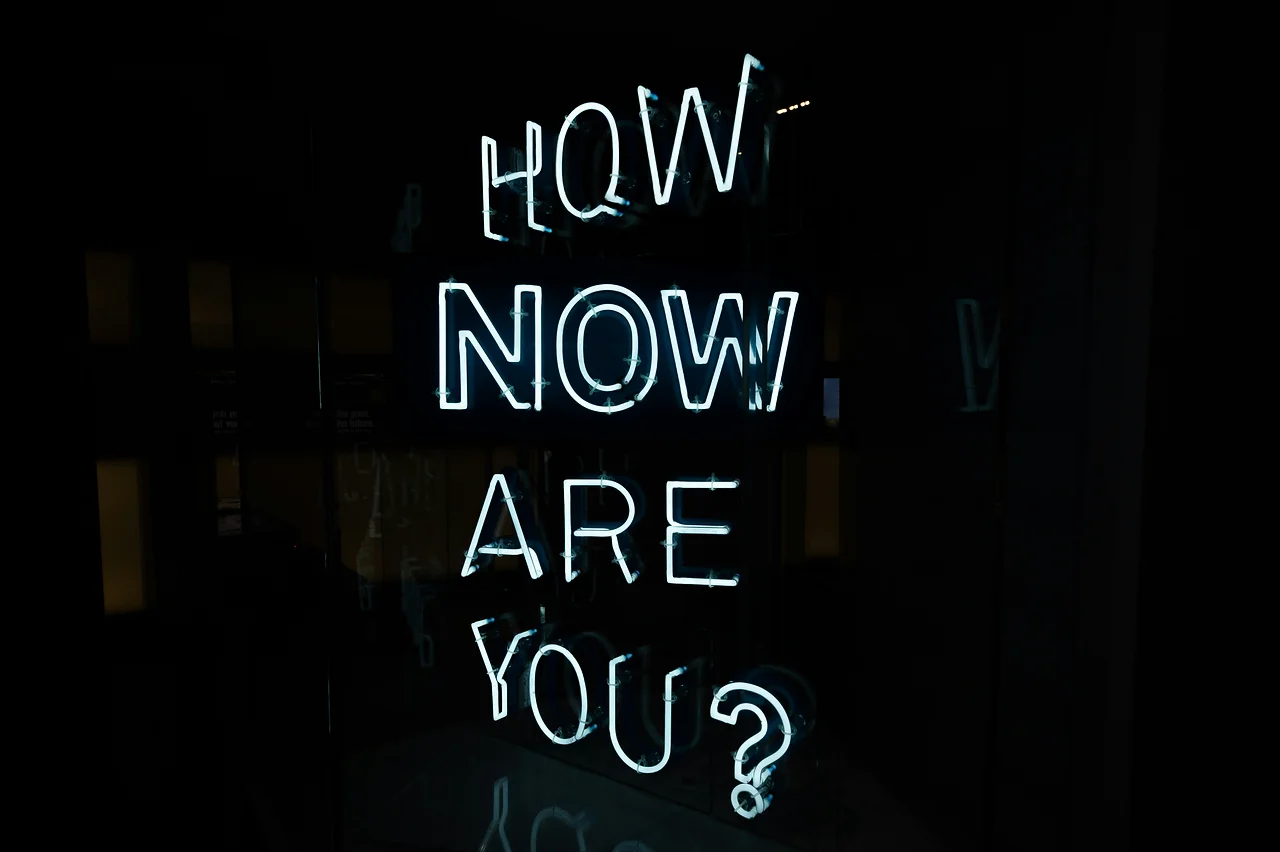From Good to Great: Mastering the Art of Presence
Artist credit: Ezequiel Pini, Jesus Mascaraque, Nil Estay, Thiago Tallmann, Andy Lipe
This is a topic I’ve been thinking about a lot lately... the concept of presence.
It's that intangible yet unmistakable aura that truly great leaders exude - a magnetic energy that commands attention and inspires trust.
When I think about the leaders who have left a lasting impact on me and what it was about them that made them stand out. It always comes back to presence. Their ability to be fully present in the moment, to connect deeply with those around them, and from that place - lead with authenticity and inspiration.
But what exactly is presence and as a leader.. why does it matter?
Presence is more than just being physically present in a room or at a meeting. It's about showing up with your whole self - mind, body, and spirit - and bringing your genuine essence and interest to every interaction.
Imagine a leader who walks into a room with a calm confidence, who listens intently, speaks with clarity and conviction, and effortlessly commands the room without saying a word.
That's the power of presence in action.
In today's fast-paced world, we are flooded with boundless distractions and because of this our attention spans are also fleeting.
Cultivating the skill of presence has become more important than ever. It's the secret sauce that sets great leaders apart from the rest - this is the difference between connecting and managing vs truly inspiring those around you.
As we dive in... take this moment to reflect on your own presence. How do you show up in your daily interactions with others - with clients, with your team, and quite frankly, with yourself. Are you fully present in the moment, intently listening? Or are you thinking about how you want to respond, the last conversation you had, or the next meeting you have coming up?
Presence in leadership isn't just about showing up - it's about showing up authentically and with purpose and intention. It's about being fully engaged in the present moment, whether you're leading a meeting, giving a presentation, or having a one-on-one conversation with someone.
Sure, it's a valuable skill to have…but you might be asking, why does presence matter so much in leadership?
Think about it this way: when you're fully present, you're able to connect more deeply with those around you. You exude confidence and clarity, which inspires trust and respect. And perhaps most importantly, you create a sense of psychological safety - a space where people feel heard, valued, and empowered to share their ideas and take risks.
So, what are the key components of presence?
Authenticity is at the top of the list. When you show up as your genuine self, without pretence or a mask, you actually invite others to do the same
Active listening is another crucial component. When you truly listen to others - without interrupting or formulating your response while they're speaking - without saying a word, you signify respect and empathy - this ultimately leads to deeper connections and understanding for both parties
Emotional intelligence plays a significant role in presence as well. Being able to recognize and manage your own emotions, as well as empathize with the emotions of others, gives you the tools to navigate challenging situations
And finally, having a clear sense of purpose and vision gives your presence direction and focus - ultimately guiding your actions and decisions to be in alignment with your values and goals
How can you cultivate presence in your daily interactions as a leader?
Mindfulness practices are at the core. Let's cover a few.
Breathing Techniques: Before engaging with your team, a client, or a challenging task. Take a moment to ground yourself by using a simple breathing technique. My favorite is box breathing
Box Breathing: Inhale (through the nose) deeply for a count of four, hold your breath for another count of four, exhale (through the nose) slowly for four counts, and then hold your breath again for four counts. Repeat this process 3-5 times. This practice engages the parasympathetic nervous system, inducing a state of relaxation and reducing the production of stress hormones. When you can calm the body and quiet the mind - you create the space to be intentional with your next move, thought, conversation. This opens the door to approach the next situation with clarity and presence
Authentic Communication: Communication is another key aspect of cultivating presence. Authenticity breeds trust, and being open and transparent in your communication will strengthen connection and trust. Be clear and concise in your communication, listen intently, and don't be afraid to show vulnerability
Lead By Example: Show up consistently, with integrity, and with presence and purpose. When you are the living embodiment of the qualities you want to see in others, you influence is immensely powerful. Your presence has the power to inspire those around you
The power of presence cannot be overstated in leadership. And dare I say, life in general.
Your presence has the potential to not only transform your own life, relationships, and leadership style - but also elevate the performance and well-being of those around you.
How do you cultivate presence in your life, work, leadership? I would love to hear from you and learn from your insights ↓
